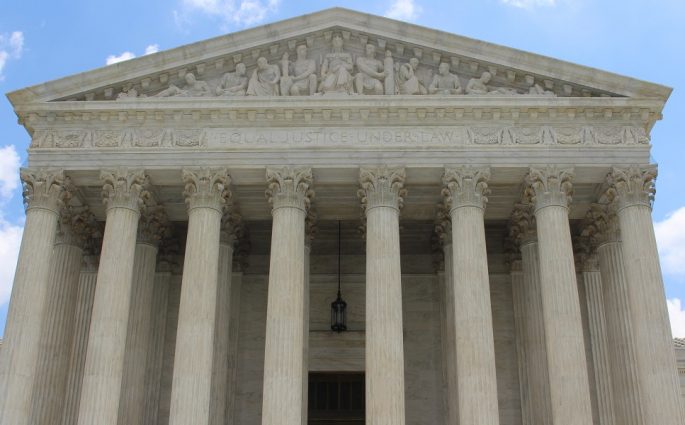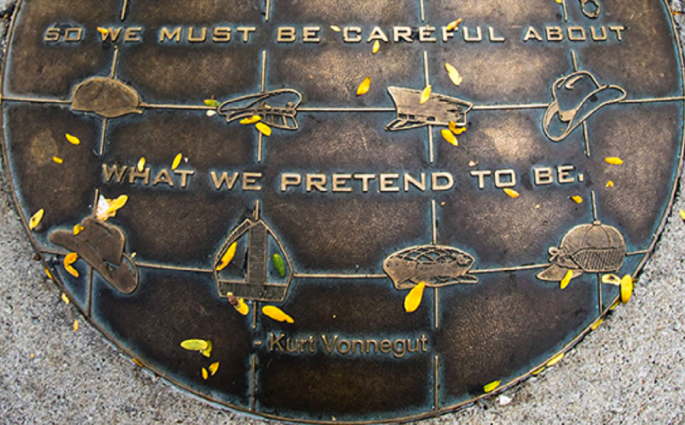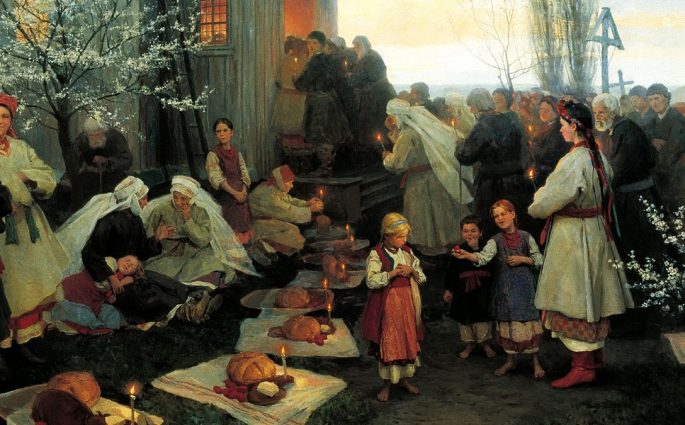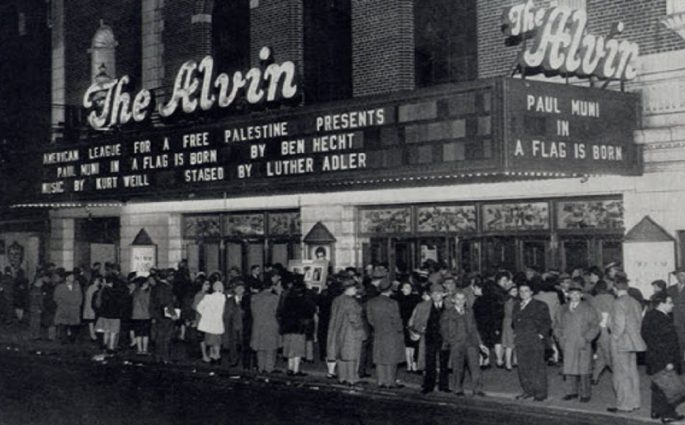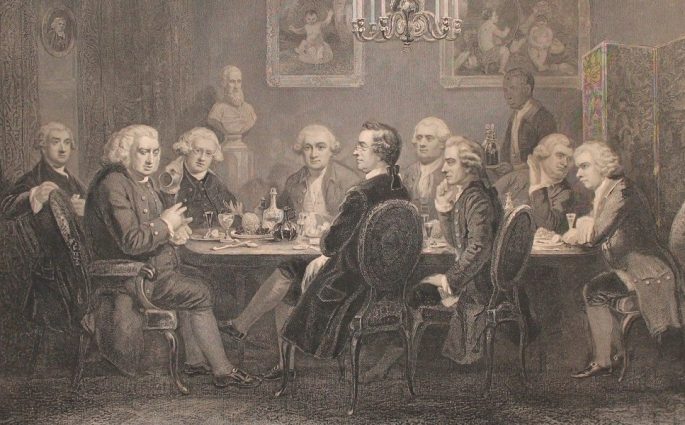What happened after the Crusades?
Christopher Tyerman— We all know about the Crusades, don’t we? They were wars fought by western European Christians against Muslim control of Jerusalem and the Holy Land of Palestine. They began in 1095, when Pope Urban II summoned the knights of Christendom to undertake a war that would earn its


